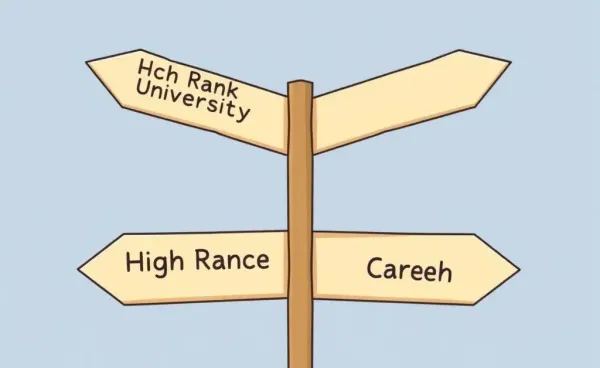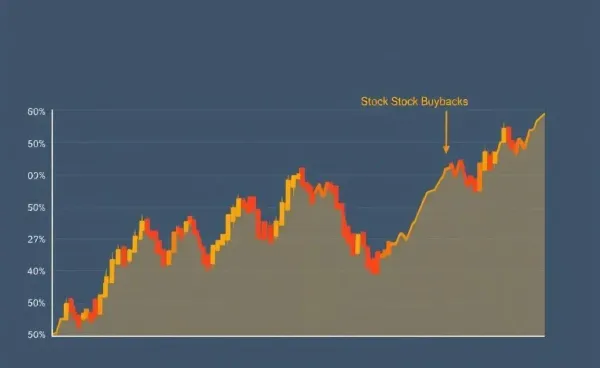Mastering Your Personal Finance: Practical Tips and Simple Strategies
Discover simple strategies to master personal finance without breaking a sweat.
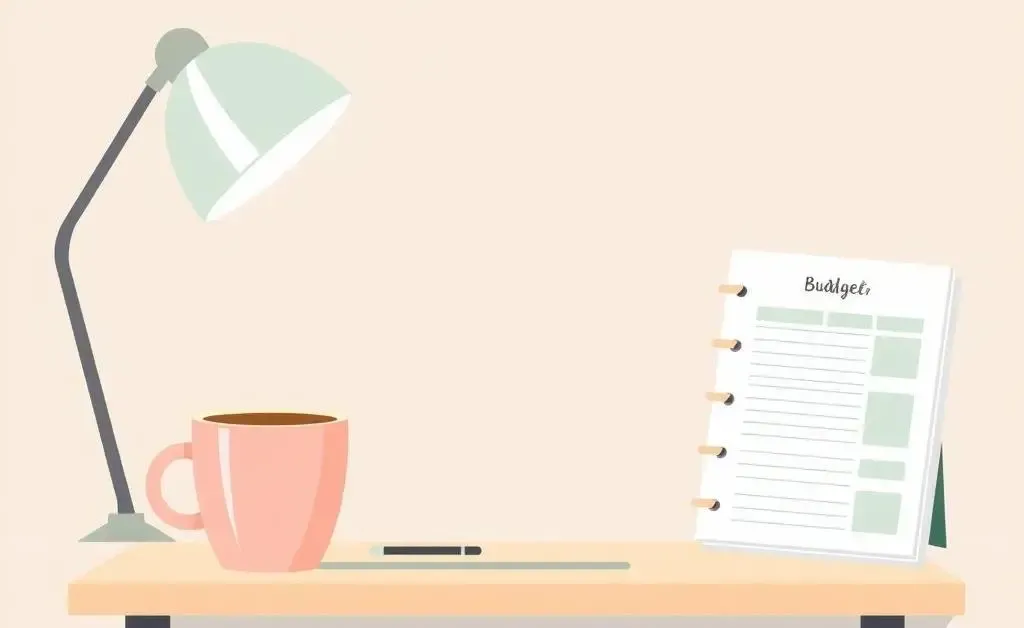
Why Mastering Personal Finance Matters
I remember the first time I decided to take charge of my finances. It felt overwhelming at first, but little did I know, taking that step would be incredibly empowering. Mastering personal finance isn't just about numbers; it's about peace of mind in knowing you have a plan. Let’s talk here about how simple steps can make a big difference.
Getting Started with Budgeting
Creating a budget is like building the foundation of a house—it supports everything else. Begin by tracking your monthly expenses. Use apps, spreadsheets, or good old pen and paper—whatever makes you feel comfortable. Categorize your spending to spot patterns that can help you make informed adjustments.
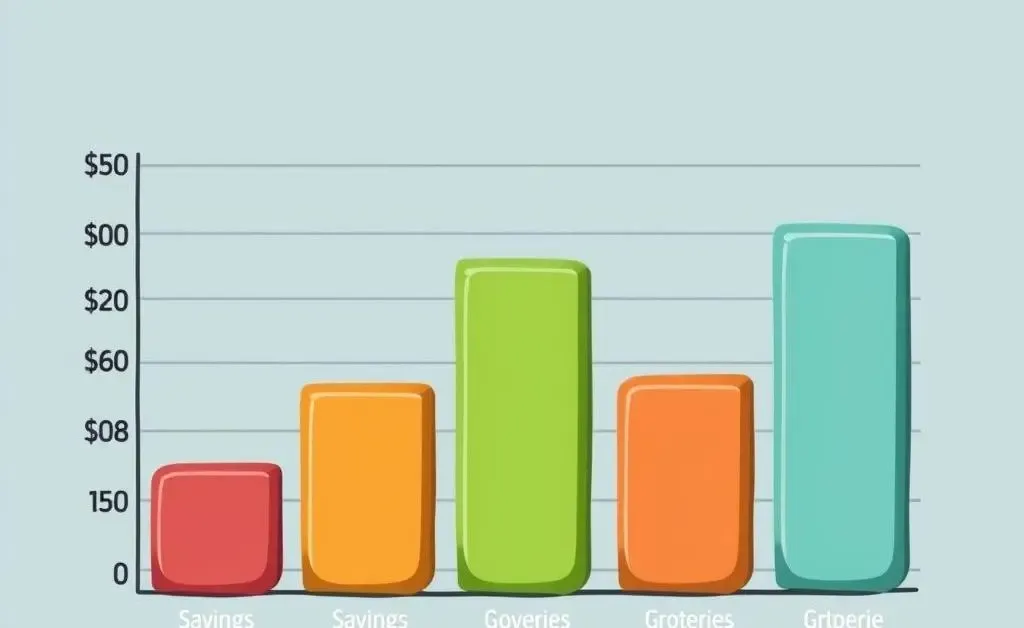
Setting Financial Goals
Goals give direction to your financial journey. Whether saving for a vacation or retirement, set clear, achievable goals. Write them down and break them into smaller milestones. Celebrate when you hit those milestones—it keeps you motivated!
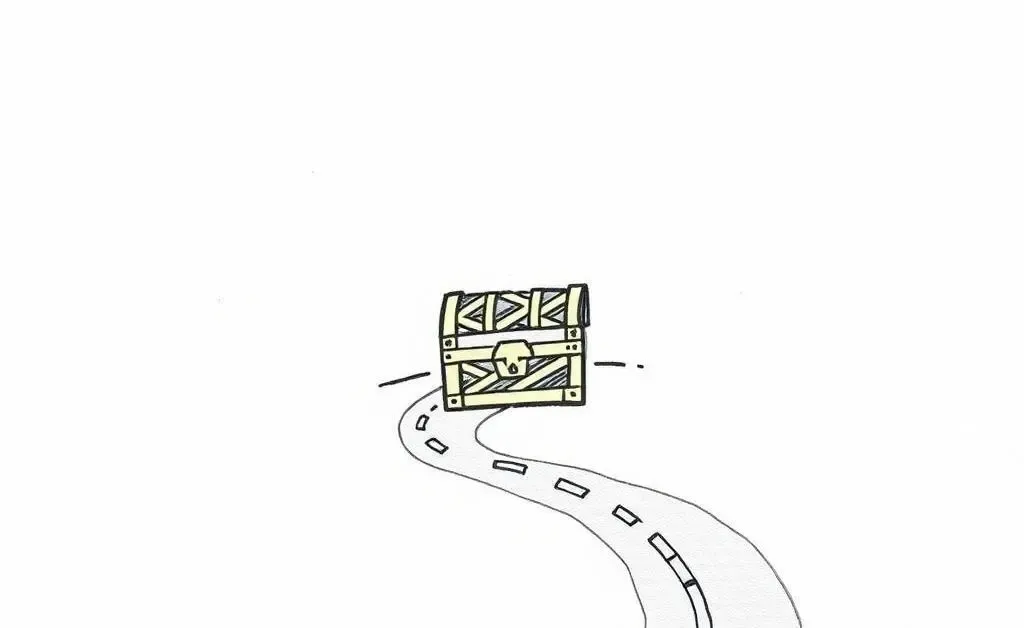
Living Within Your Means
We hear this advice all the time, but what does it actually mean? Living within your means isn't about sacrifice; it's about prioritizing needs over wants. It could be as simple as brewing your coffee at home instead of exploring the fanciest new café every week.

Building a Safety Net
An emergency fund is a must-have. Aim to save enough to cover three to six months' expenses. This fund is your safety net, providing breathing room when unforeseen expenses arise.
Smart Spending Tips
- Wait Before You Buy: If you want something that's not a necessity, give yourself a 24-hour cooling-off period.
- Shop with a List: Whether grocery or clothing shopping, a list can keep you focused on needs versus impulse buys.
- Use Cash: Paying with tangible currency sometimes makes us more mindful of expenditures.
Conclusion: Start Small, Think Big
By implementing these strategies, you’re laying the groundwork for financial freedom. Start with small, manageable steps and gradually increase your scope as you become more comfortable and confident. What's your next step to mastering personal finance? Feel free to share in the comments below!



